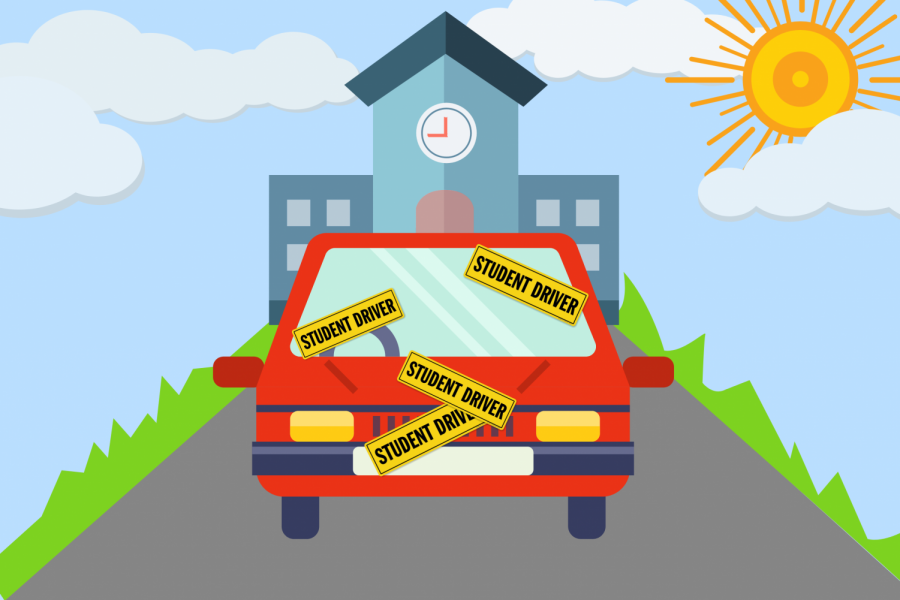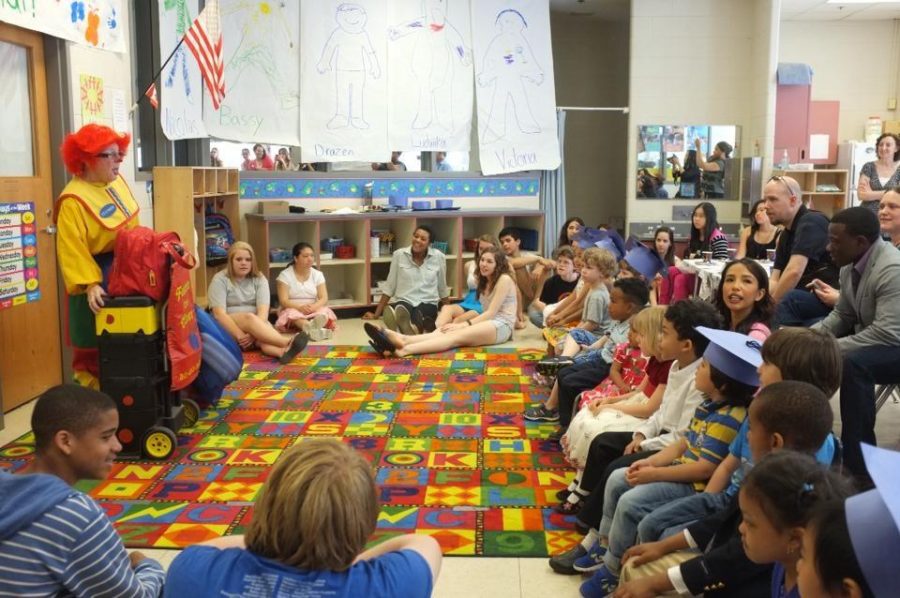A linguistic epidemic has spread across our young generation like a wild fire: the “like” atrocity.
Symptoms include the inability to find substantive words, shortness of breath due to unnecessary verbal usage and diminished respect from teachers, employers and peers.
We often associate the “like” plague with valley-girls, surfers and other socially generalized less intelligent people.
Coming from a house of professors and lawyers, my family was constantly on my sister and me whenever we said the word “like.” Nothing was more frustrating than the 10 minutes it took to get through a paragraph of dialogue due to meticulous corrections. But, it truly opened my eyes to the serious problem people of our generation have, and the affluent area of Whitman is certainly no exception.
The problem became most apparent to me while sitting in my AP English Language class. In a college level course, you’d expect students to be articulate and conscious of how they present themselves—especially in a class about the English language. Nonetheless, I listened to countless presentations where all I could hear was the word “like.” It was not only distracting but exhausting. It amazed me how people that I had previously been academically intimidated by and know to be incredibly intelligent undermined the entire credibility of their argument by soiling it with unnecessary “likes” sprinkled in every few words.
I recall one presentation where I counted “like” seven times in three sentences. To some, the excessive use of the word may seem like the problem in itself, but in reality the problem is that their predictable fumbling of “likes” is the only thing I could tell you about that person’s presentation.
This is nothing new; every generation has their linguistic downfall. “Like” is the new “um.” And while this may seem fairly innocuous, it’s much more of a serious problem than one may think. Often times, my dad tells me about highly qualified applicants at his law firm losing the position because, despite their ivy-league education, they abuse the l-word and it’s seen as obnoxiously distracting and unappealing. No one wants their company represented by someone who appears ineloquent.
And while there’s nothing more irritating than the pretentious “grammar Nazi” who corrects your “who” from “whom” and your “he and I” from “me and him,” it may be worth it to take the annoyances of those who point out the excessiveness of your “likes.”
We’re all guilty of it, and I have to admit that, in some respects, I have been struck by the plague too. But don’t fear, there’s a simple solution to this pestering problem: ask a parent or friend to gently call you out when you unconsciously blurt out the l-word. It’ll be frustrating at first, but believe me, it’s a necessary evil.










OG OG • Mar 31, 2015 at 2:07 pm
Half of ma homies don een know wut “linguistick” mean homie, check yo self